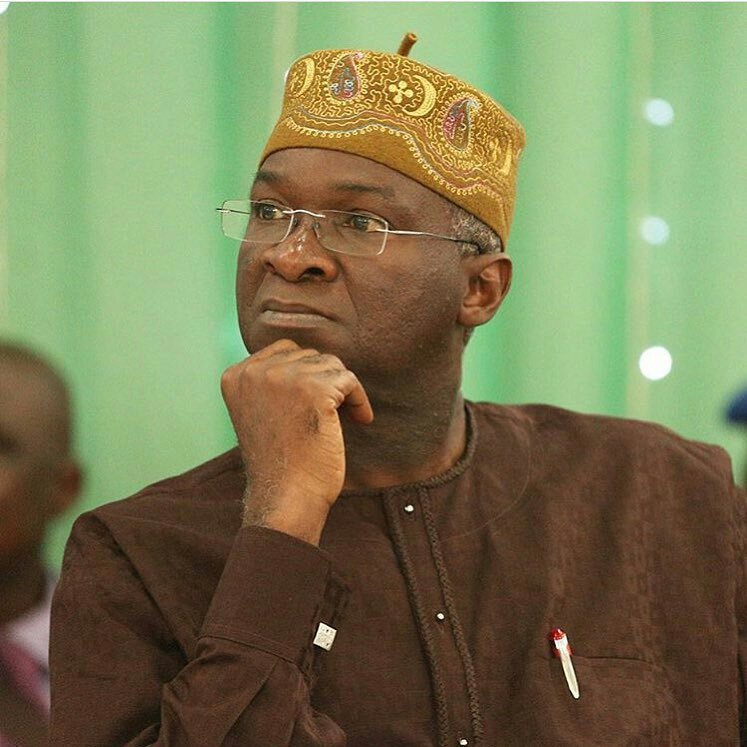Immediate past Governor of Imo State, Rochas Okorocha, on Monday, on the floor of the Senate, Abuja, declared that former Minister of Power, Works and Housing, Babatunde Raji Fashola, the three ministries given to the former Lagos State governor in the last four years were too heavy a burden for him.
The former Imo State governor buttressed his point by pointing out that Fashola, within the spate of four years, have grown grey hairs.
Sen. Okorocha, who represents Imo West senatorial district in the 9th National Assembly, maintained that Fashola’s grey hairs was because the three ministries he handled in the first term were too large for one person to handle.
Okorocha asks: “How much is required to tackle the issue of power?” To stop the problem of incomplete (road) projects, Fashola advises lawmakers to collectively adopt priority projects to ensure swift delivery of the projects.
“There can be times when we won’t have any new capital projects in the budgets so we can concentrate on the ones on ground. We can’t do all we want at once.”
READ ALSO: No going back on Ruga settlement in Zamfara, Gov. Matawalle declares
Speaking on procurement, Fashola says: Our procurement laws is not compatible with the speed with which we want projects to be executed.
“The way our procurement law is enacted, it is the big contractors that can make the most money. Our law is holding us back.”
“During my first term as minister of power, we recovered 720 containers of electricity equipment abandoned at ports “In our closing report, there was no state that were not executing a federal project,” Fashola says.
He said at the time he left office, his ministry was working on roads in 14 universities.
“We also had roads that decongested and led to ports.”
“Our resources are not enough to take care of our expenditures”, Fashola says as he answered questions on why some key roads have not been rehabilitated.
He said lack of enough funds forced the ministry to prioritise some roads/projects over others.
Answering questions on power, Fashola said states were empowered by the law to generate and distribute power.
“Since privatisation occurred, the ministry of power ceased to be a major player in the sector. We only deal with regulatory issues now.”


